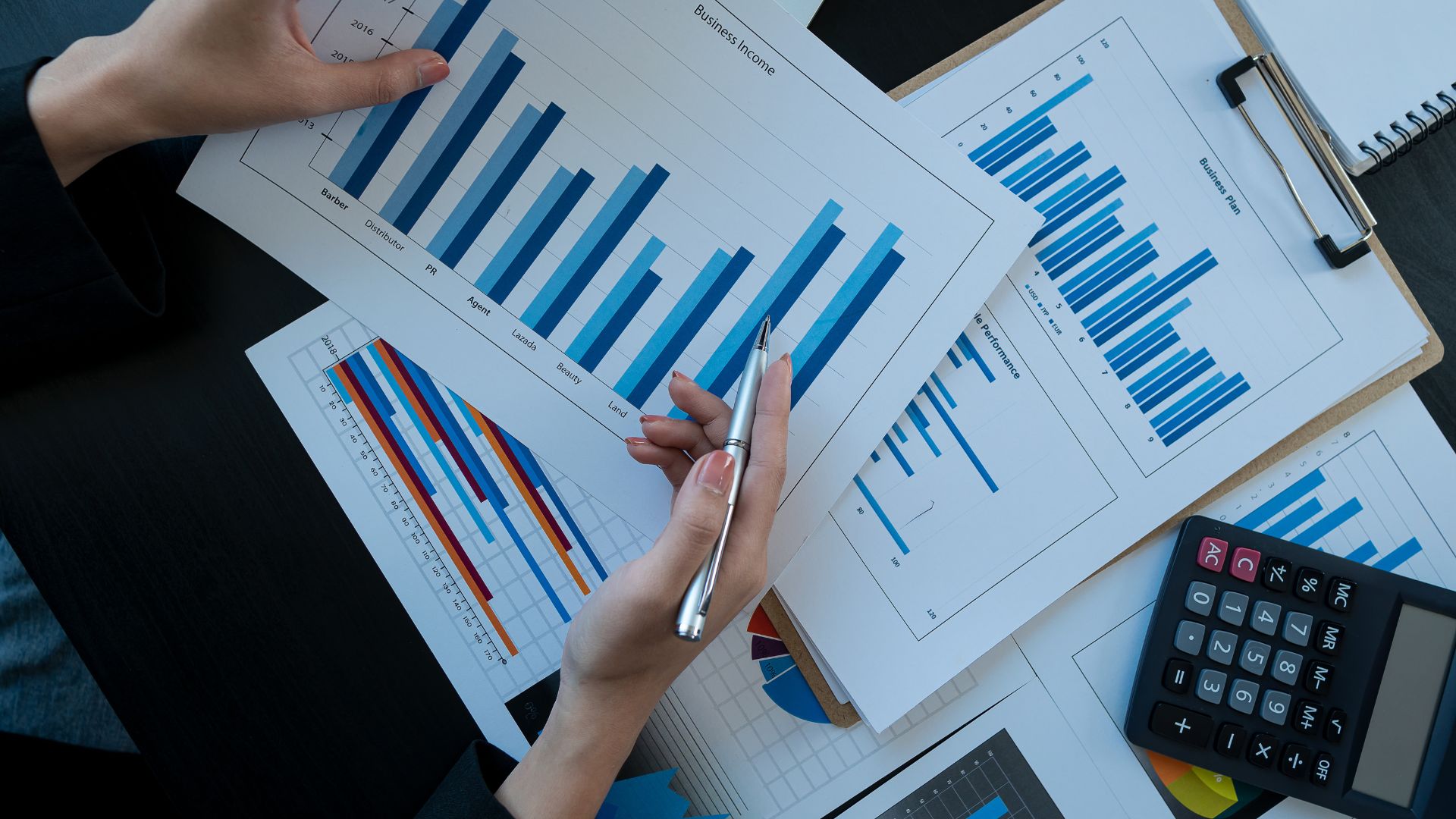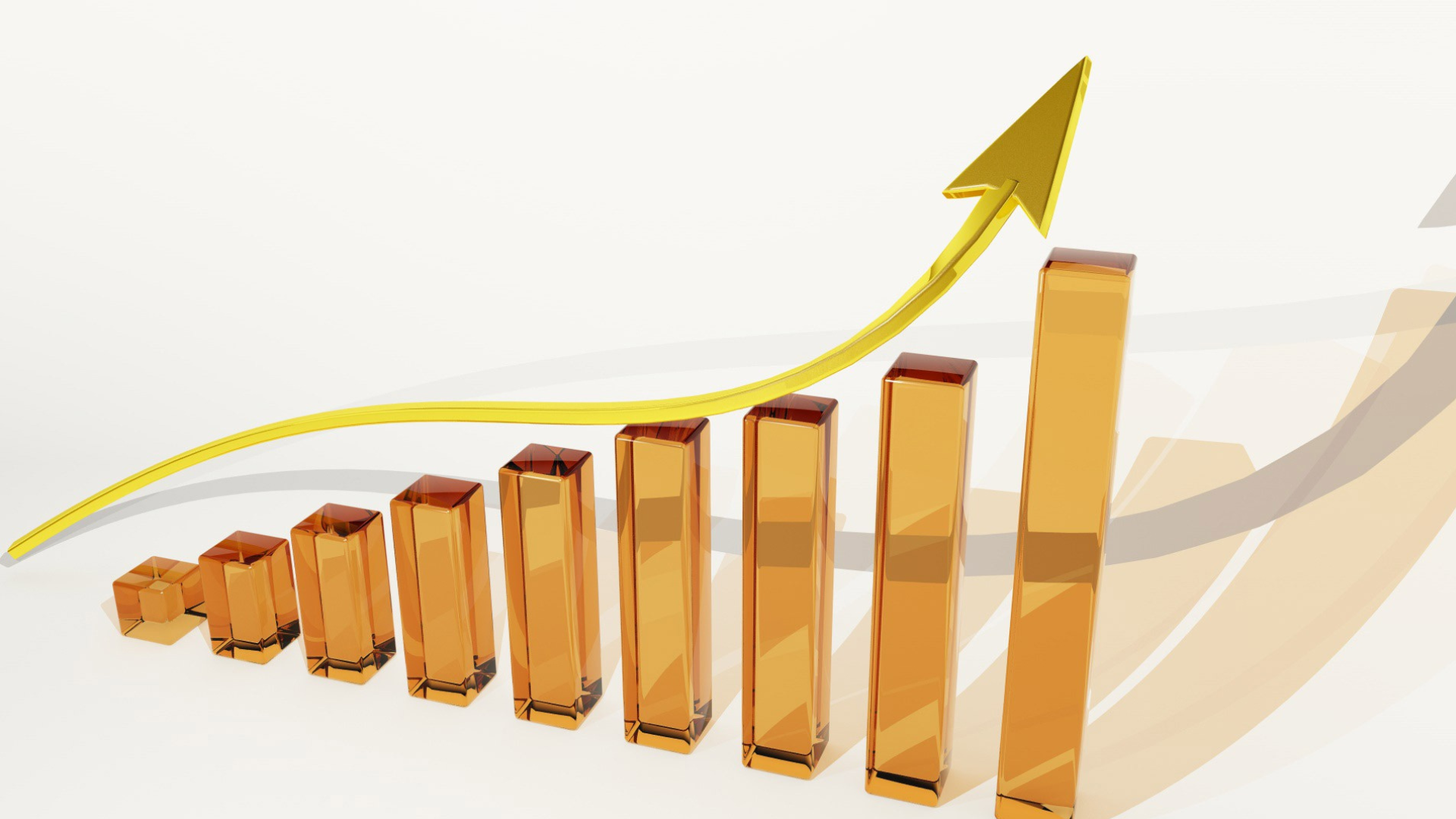
.
A very commonly uttered word today is economics but ask anyone to define it and the response is vague …. “Subject related to money?” Well yes and no…Economics isn’t just about money but the branch of knowledge concerned with the production, consumption and transfer of wealth.
It might sound like a nerd’s favourite subject but it is something we all deal with in our daily lives. From contemplating if you can go for another movie this month with your pocket money to chalking out your plan to buy a car, it is economics which guides you.
The basic concepts of economics aren’t rocket science. Below are the fundamentals and their explanations which will help you to master the economics basics.
Production:
In layman’s term, production is producing goods and services in the economy. That is anything made to satisfy the wants of the people. All that we buy from the market : rice, aerated drinks, furniture or the plumber we employ to fix our leaking pipes, the doctor whom we pay for our health check ups, are all a part of it. The prosperity of a country depends on its production. The economic growth receives impetus through more production.
Consumption:
The other important economic activity is about consuming the goods and services produced in the market. It is the act of satisfying the wants of the people. Production depends on consumption. More the consumption, more the production. The pizza you bought to eat or your hiring a tutor to help you with Maths is an act of consumption.
Investment:
It is the purchase of goods that are to be used in the future to generate wealth. Like a plot of land bought to be sold off later or a financial asset purchased to sell later at a higher cost. Every business, small or big has to set aside some resources to invest. This ensures development.
Factors of production:
To manufacture or produce a good, we require certain inputs:Land, labour, capital and entrepreneurship.
Like production of cotton clothes would require :
- Land to set up the textile factory.
- Labour as workers to run the machines and for transportation.
- Capital, which includes working and fixed capital. Fixed capital means assets like buildings and tools.
- Working capital denotes raw materials and money required to buy them. They get used during production. In this case cotton is a working capital.
- Entrepreneurship in the form of the ability to develop, organise and run a business. Therefore, the owner of the clothes factory is the entrepreneur.
Supply and demand:
Sounds familiar??? What gets sold in the market and at what price is decided by these two forces of supply and demand. The price of the good or commodity that you buy in the market is determined by the quantity that its producer wants to sell it for at a certain price and the quantity that the consumer wishes to buy. The resulting price is determined by these forces and called the equilibrium price.
Gross National Income ( GNI):
It includes all the incomes earned by a country’s residents, businesses and earnings from foreign sources ( citizens working abroad).
Gross Domestic Product (GDP):
A term always in the news, it is the value of all goods and services produced within the territory of the country in one accounting year. It does not include income from foreign sources.
Purchasing Power Parity(PPP):
An economic theory which allows comparison of purchasing power of different currencies of the world to one another. In other words, it tells you how much things would cost if all countries used US dollars to make purchases. It determines the quantity of the currency needed to purchase a given unit of a good.
Foreign Direct Investment (FDI):
Another term we hear being used often, FDI is an investment made by a company or an individual of one country into businesses of another country. Amazon Inc is a good example of FDI in India. It has set up operations in the country and is expanding its business here from which it is profiting while generating revenue for the Indian sellers, selling their products on Amazon’s platform.
It isn’t difficult to grasp these basic economics concepts if understood in the context of how they affect us. Appreciating and grasping them is beneficial for responding to the changes and challenges in the market and how we deal with them. Being a part of the economic set up, you can comprehend it better once the fundamentals are clear.
Relevant Links
- CFA (Chartered Financial Analyst): Levels, Program Benefits, Eligibility, Certification & Preparation Strategies.
- Understanding the Golden Rules of Accounting.
- Understand the Language of Business | Accounting 101
- Private Equity vs. Venture Capital
- Teaching Online Tools – How it Works
Similar Blogs
Learning lessons, study tips, career guides and much more!
Equity Valuation Demystified: Your Guide to Analyzing Stock Reports
Equity valuation is a process of assigning a value to a firm’s stock. An equity research report is a form of communication which aims to…
The High Cost of Neglecting Essential Finance Metrics for Your Business
Catalyse your business’s growth with the power of finance metrics. From profitability indicators to industry-specific measures, discover how monitoring the right numbers can transform decision-making….



